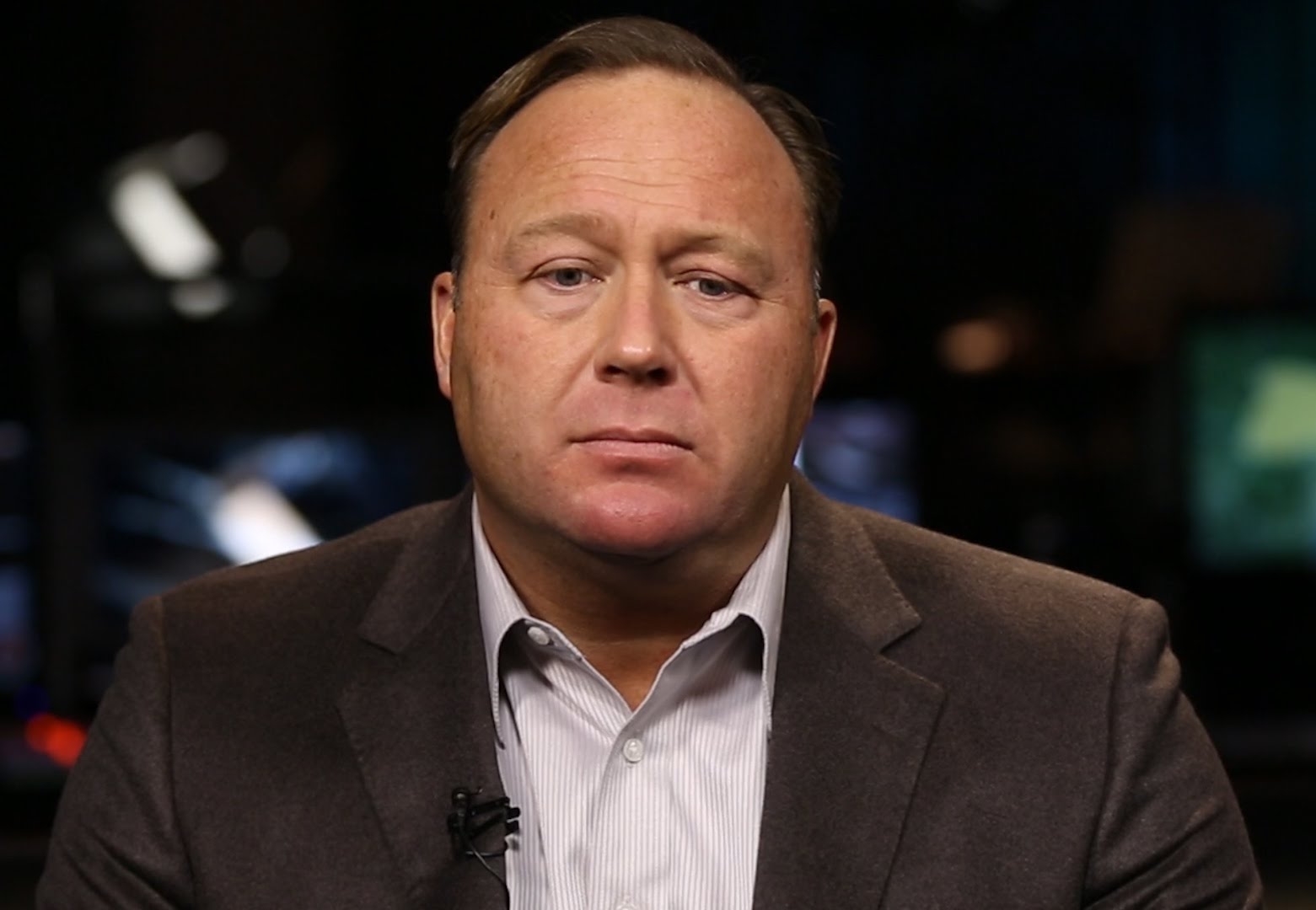On Thursday, September 6th, Alex Jones, noted right-wing conspiracy theorist, was banned from Twitter. This is the latest in a long line of social media platforms (Facebook, YouTube, Spotify) to remove content associated with Mr. Jones or his Infowars brand.
Mr. Jones and other commentators are up in arms over alleged “censorship” of conservative positions by social media companies, often claiming such removals are akin to violations of First Amendment free-speech rights.
The text “Congress shall make no law… abridging the freedom of speech” doesn’t seem to apply to the various companies deciding what content they will or will now allow on their servers, given that corporations are separate entities than the United States Congress (for now).
I never thought I’d see myself defending the rights of corporate America, but these are strange times.
The issue of deplatforming—depriving a platform from an individual or group to speak from—is not an issue at all. Provocateurs like Mr. Jones are still free to shout fringe nonsense and hawk doomsday survivalist gear and overpriced supplements of dubious effect. He is still in possession of his own website and radio show, but by no means should he be guaranteed a place at the public discussion table.
The grounds cited for Mr. Jones’ assorted bannings mostly consists of terms of service violations surrounding the hateful and malicious content often espoused by Mr. Jones and the Infowars correspondents.
Mr. Jones has heavily pushed the false idea that the 2012 Sandy Hook shooting was a hoax and that grieving parents are “crisis actors.” As a result, those parents have faced horrific harassment at the hands of followers of Mr. Jones, with some even having to go into hiding. Mr. Jones is currently facing a lawsuit brought against him regarding the role he played in propagating the conspiracy.
This is just one example among many (another notable instance surrounds the so called “pizzagate” conspiracy and the subsequent Comet Ping-Pong shooting), but it demonstrates the logic behind removing content like Mr. Jones: that the falsehoods he pushes have direct consequences in the real world, and that he needs to be systemically shut out from a broader audience that may be susceptible to his blathering and sales pitches.
This can be broadened to other cases, like Twitter banning white supremacists like Richard Spencer, or Facebook and Reddit removing hate filled communities (although not nearly as many or as frequently as is needed). By joining these internet services, you agree to their terms of service, which very often contain prohibitions against hateful content, harassment, and other offences frequently carried out by alt-right conservatives and other bigots. They broke those rules, and they are suffering the consequences.
This does not mean we should afford social media companies, or any company, a free pass—the exact opposite in fact.
The growing power of tech giants, both in America and abroad, raises troubling questions about privacy and corporate power: the sale and abuse of customer data and metadata, algorithmic processes managing millions upon millions of users with little-to-no human interaction or oversight, and a host of other concerns are entirely valid and essential whendealing with social media.
However, a bunch of bigots and conspiracy theorists having to find another corner of the internet to share their nonsense should not be listed among those concerns.



